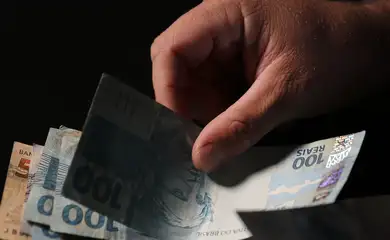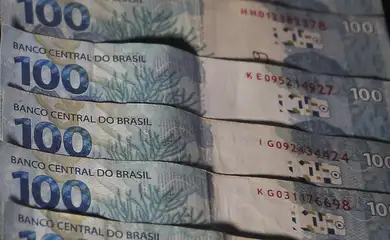Central Bank: Brazil to have sustainable growth trajectory

Brazil´s Central Bank head Roberto Campos Neto said the speed of response given by Brazil, in the midst of the global crisis context, associated with the "cohesive plan with fiscal responsibility" will lead the country to the beginning of a sustainable path of economic growth, with low-interest rates. The expectation, he added, is that the external scenario will collaborate with this improvement.

The statement was made on Tuesday (Nov. 15) during the Lide Brazil Conference, in New York (USA), an event that debated the country's scenario for the coming years, from the point of view of the economy, democracy, and freedom.
The pandemic has led several countries to project a "great depression". However, thanks to the "coordinated effect" articulated among several countries, the depression ended up being "moderate," the head of the bank said.
The current and former heads of the Central Bank such as Pérsio Arida, who currently integrates the transition technical team of Lula's government, as well as the head of the Brazilian bank federation Febraban Isaac Sidney have participated in the conference.
Growth Level
Febraban`s head said Brazil has "experienced mediocre growth in the last decades," and the country "can't get used to this." "In the last decade, we have grown, per year, on average, 0.5 percent. We can't go on like this. We have to look forward, seeking consensus, serenity, and courage," he said.
In the evaluation of the representative of the banks in Brazil, political stability and respect for institutions and democracy are fundamental for a more positive scenario.
"Febraban does not hesitate to support democracy and harmony among the powers. This is essential. The election is over, we have an elected president, and we all have to discuss the conditions for Brazil to grow again at higher levels because growing is an imperative necessity for us to generate jobs, wealth, and welfare," he argued.
Trade integration
Former Central Bank head Pérsio Arida advocates the balance between fiscal responsibility and social policies. He warned that, currently, the main economic challenge is to grow in an inclusive and sustainable way. "It's not easy because Brazil has disappointed in terms of growth, inclusion, and also environment," he added, mentioning that the environmental issue is becoming increasingly relevant in the search for foreign investment.
"Brazil`s future lies in the integration of trade with international flows. It makes no sense to cut channels with the world. We have to open the economy, sign the Mercosul agreement with the European Union, and join the OECD [Organization for Economic Cooperation and Development] to integrate ourselves as much as possible with the world economy and attract capital," he said.




